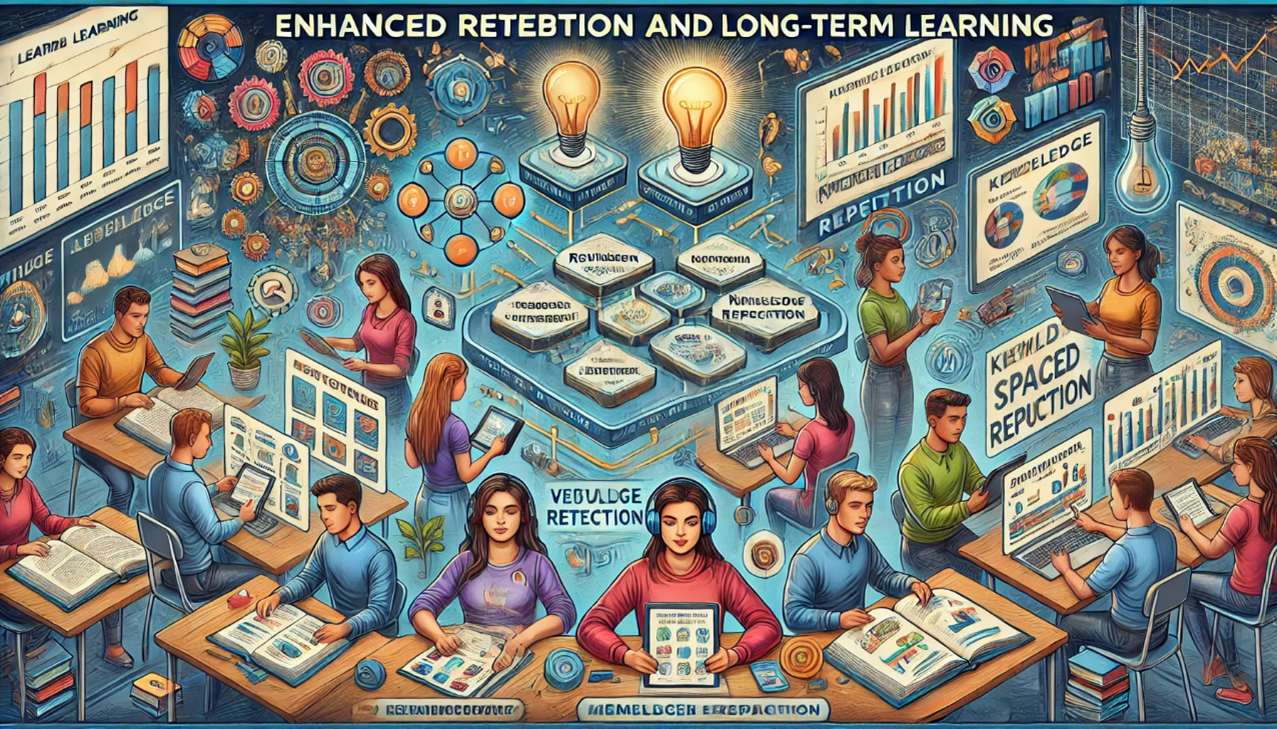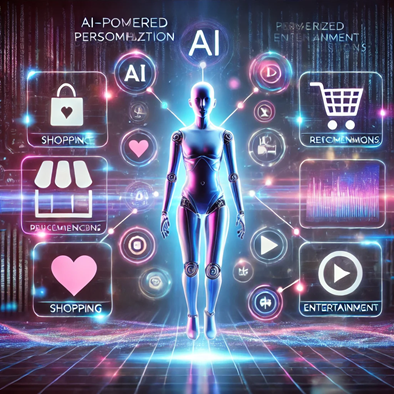Are universal basic income programs a viable solution to address global inequality?

Are universal basic income programs a viable solution to address global inequality?
by Maximilian 09:45am Jan 04, 2025
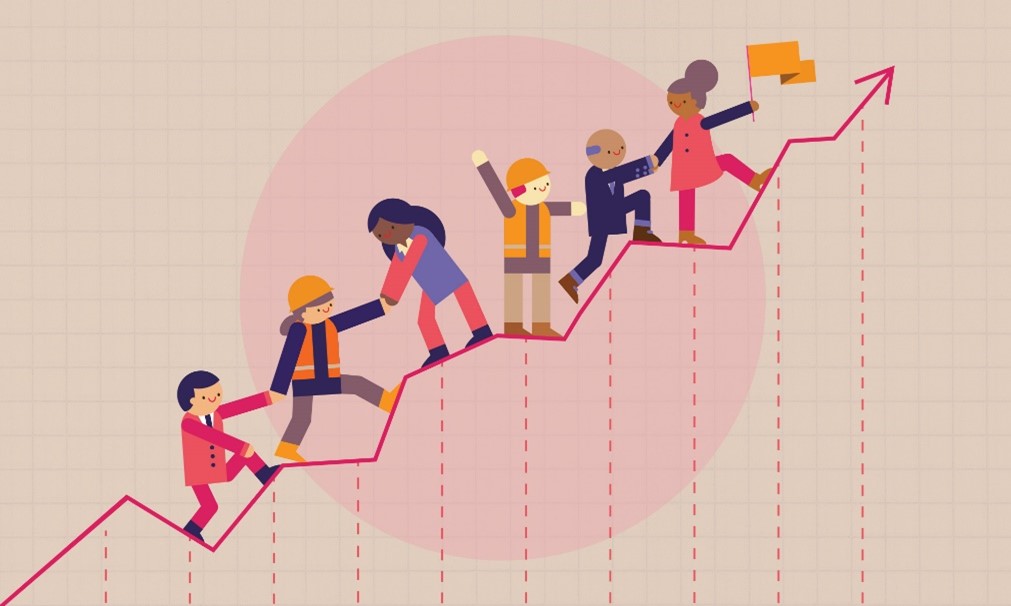
Universal Basic Income (UBI) has been discussed as a potential solution to address global inequality, but whether it is viable depends on various factors, including economic, social, and political contexts. Here's a breakdown of the potential advantages and challenges of UBI as a tool for reducing inequality:
Potential Advantages of UBI:
Poverty Reduction: UBI ensures a minimum income for all individuals, which could directly alleviate poverty by providing people with the financial stability to meet basic needs such as food, shelter, and healthcare. This is especially important in countries with high poverty rates or income inequality.
Economic Empowerment: With a guaranteed income, people may have more freedom to pursue education, entrepreneurial ventures, or creative endeavors, without the immediate pressure of financial survival. This can foster innovation and personal development.
Reduction of Bureaucracy: UBI could replace complex and often stigmatizing welfare programs, reducing administrative costs and increasing efficiency. It would also avoid the need for means testing, which can be invasive and exclusionary.
Addressing Technological Unemployment: As automation and artificial intelligence continue to disrupt labor markets, UBI could provide a safety net for those displaced by technological advances, ensuring that workers have financial security even in an economy with fewer traditional jobs.
-
Equality of Opportunity: A basic income could level the playing field, allowing people from disadvantaged backgrounds to have the financial means to access education, healthcare, and opportunities for advancement, thereby reducing systemic inequality.
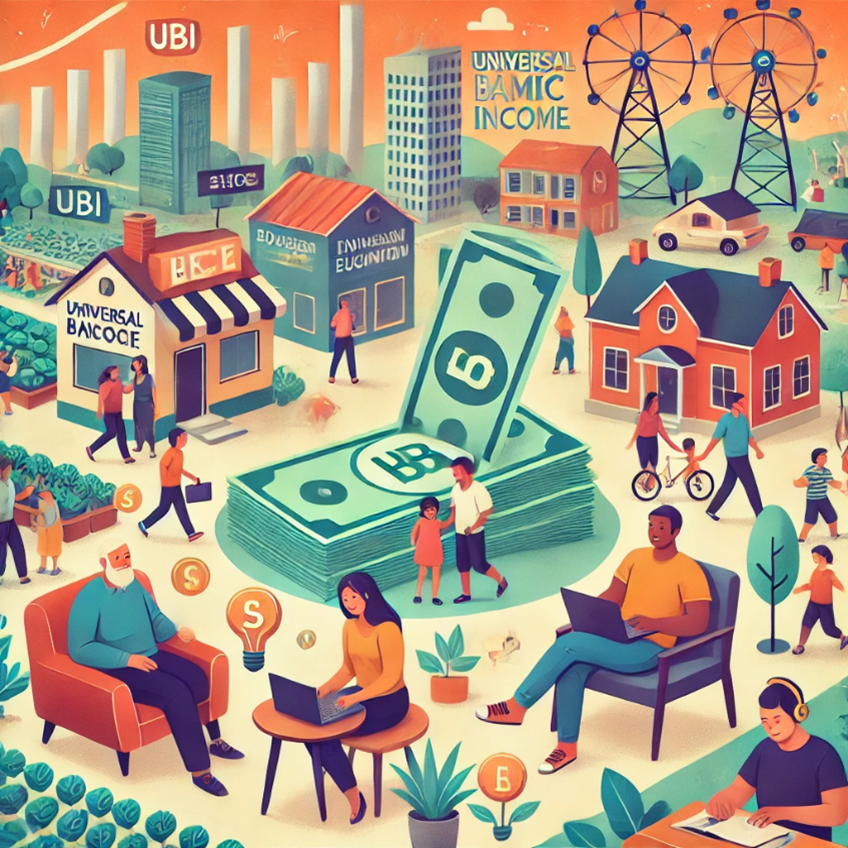
Challenges and Criticisms of UBI:
Funding and Economic Feasibility: One of the biggest concerns is the cost of implementing UBI. Providing a universal basic income to all citizens would require substantial government funding, which could result in increased taxes or a reallocation of funds from other social services. In poorer countries or those with struggling economies, this could be financially unfeasible without significant external aid or restructuring of the economy.
Inflation and Economic Distortion: Critics argue that giving everyone an unconditional income could lead to inflation, as businesses may raise prices to match the increased purchasing power. This could erode the value of the UBI and negate its intended effects, especially in less stable economies.
Disincentive to Work: Some argue that UBI might discourage people from seeking employment, particularly for lower-paying jobs. This concern is often debated, with some studies suggesting that UBI has minimal impact on work incentives, while others suggest it could lead to a reduction in workforce participation, especially in jobs that are low-wage or unfulfilling.
Political and Social Resistance: Implementing UBI would require significant political will and consensus. There may be resistance from those who view it as a "handout" or fear that it could undermine existing social safety nets. Wealthier populations might also resist higher taxes to fund such programs.
Global Applicability: The effectiveness of UBI in addressing global inequality is not uniform across countries. In wealthy nations, UBI might help reduce inequality, but in poorer nations, it could be difficult to implement without foreign aid or economic restructuring. Additionally, local economic conditions, labor markets, and social dynamics can greatly influence the success of such a program.
Potential for Unintended Consequences: Without careful design, UBI might lead to unintended outcomes, such as reinforcing existing disparities in wealth, rather than redistributing income more equally. Additionally, it might not address structural issues like racial, gender, and geographical inequality.
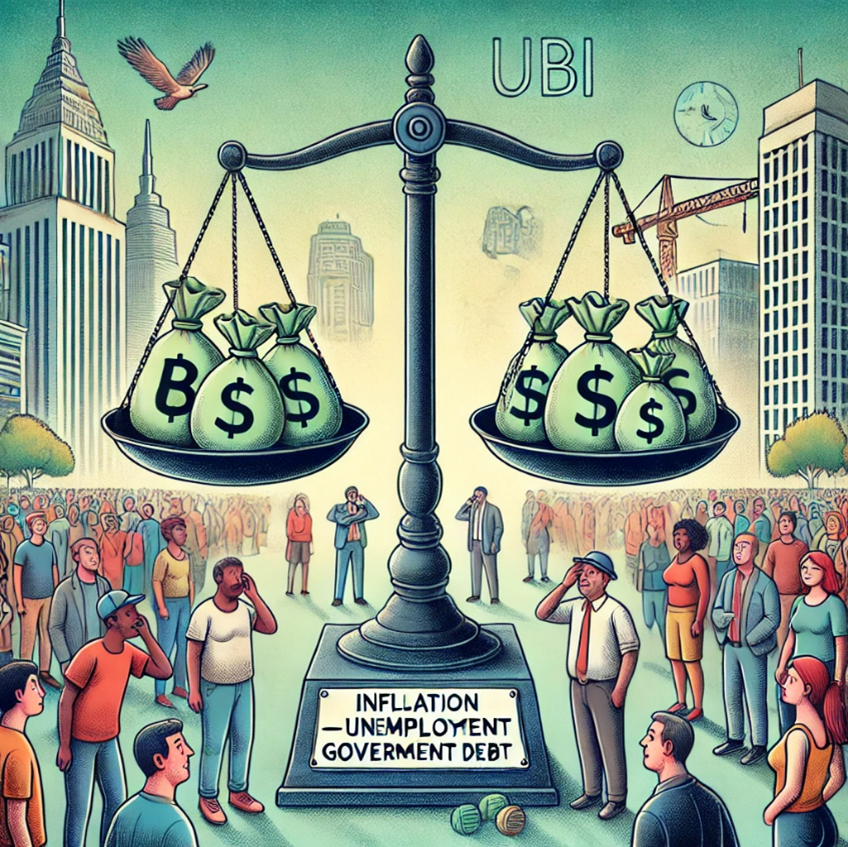
Examples and Experiments:
Severa countries and regions have experimented with or discussed the implementation of UBI, with varying results:
Finland conducted a two-year trial in 2017-2018, providing unemployed citizens with a basic income. While it showed positive effects on well-being and mental health, it did not significantly increase employment.
Alaska's Permanent Fund provides residents with an annual dividend funded by oil revenues, effectively serving as a form of basic income. While it has been successful in reducing poverty in Alaska, it is smaller in scale compared to global UBI proposals.
Kenya: A pilot program by Give Directly, a charity, has tested cash transfers in Kenya, providing unconditional cash grants to people in extreme poverty. The results have shown improvements in well-being, business growth, and economic stability, offering a glimpse of how UBI could help in developing nations.

Conclusion:
UBI has the potential to address global inequality, particularly in countries with significant poverty and income disparities. However, its viability depends on a range of factors, including economic capacity, political will, and the specific context of each country. While it offers a promising solution to some aspects of inequality, especially by providing economic security and fostering social mobility, it is not a one-size-fits-all solution and needs to be part of a broader, multifaceted approach to addressing inequality globally.
In the end, UBI could be a valuable tool in reducing inequality, but it requires careful planning, testing, and integration with other social policies to be effective.





